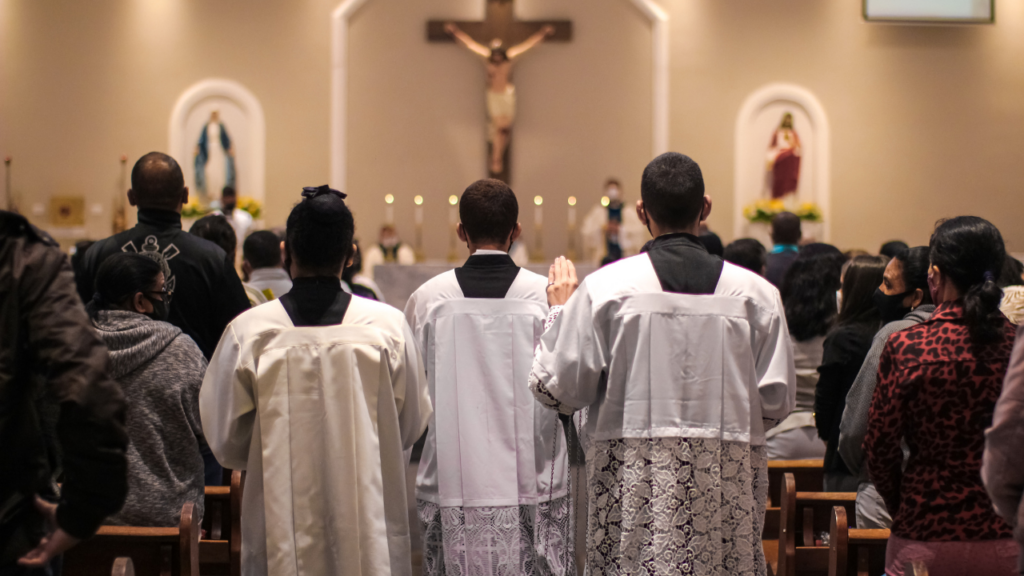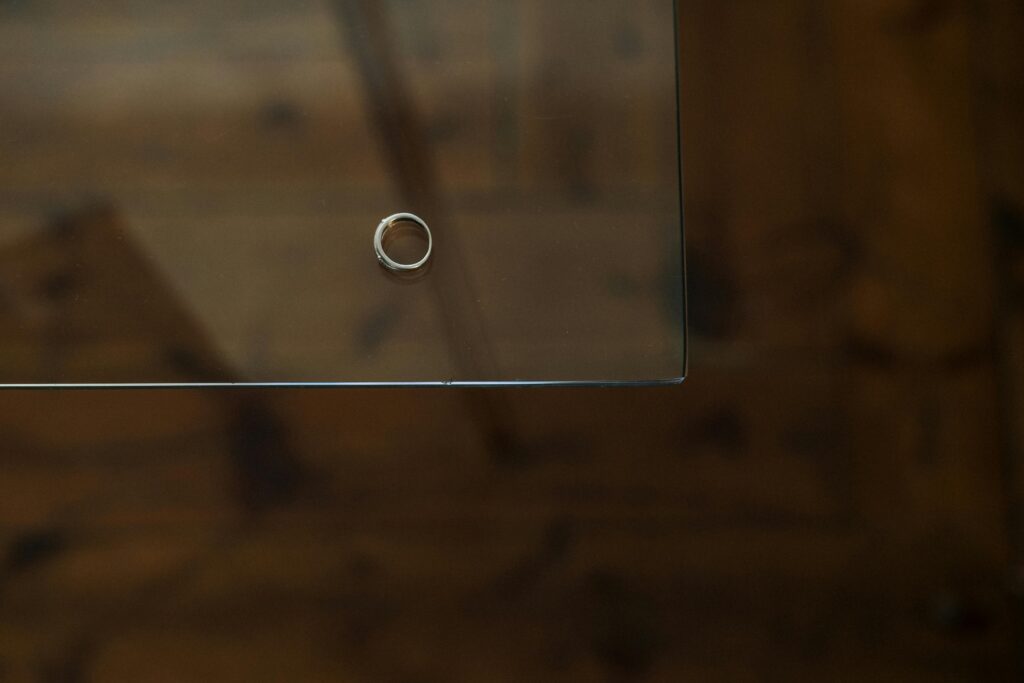Synod For Synodality: What We All Expect from the Catholic Church
Building a Listening Church: Challenges and Hopes of the Synod

In his yearnings and work to bring about a better world and a universal Church that is more consonant, aligned, and attuned with the Gospel of Jesus Christ and, therefore, today’s man and the world, Pope Francis, in 2021, called the Catholic Church to a Synod on Synodality that – after contemplating and progressing through its various stages throughout the Catholic world – will conclude – although not finally or definitively – in October 2024.
Etymologically, the word “synod” comes from two Greek words: “syn” (meaning “together”) and “hodos” (meaning “journey”). So, the English term “synod” means “to journey together.” In the Catholic Church, the convocation and realization of a “Synod” is an assembly in which bishops, convoked and gathered by the Pope, reflect on current social and ecclesial issues and experiences, with the purpose of finding – in the evangelizing work of the Church in the world – pastoral solutions that have validity and application for Churches (dioceses) and for the universal Church.
Pope Francis chose the theme of this synod, SYNODALITY, with the motto, “FOR A SYNODAL CHURCH: COMMUNION, PARTICIPATION AND MISSION.” The convocation, event, theme, and synodal motto give us – from the outset – guidelines for the Church that Pope Francis envisions and desires for this juncture in the history of humanity: a Church that is a community of the children of God and disciples of Christ in which we learn to “walk together.”
- In the COMMUNION of evangelical fraternity through the bond of love, which springs from the recognition that we are all brothers and sisters, children of the same God and Father, who challenges us to build the peace and reign of God in the unity willed by Jesus Christ: “That they may all be one, as you, Father, are in me and I in you.” (Jn 17:21)
- A Church in and for PARTICIPATION that, with Christ at its head and as its center, recognizes the equality of all as children of God and the diversity of talents, gifts, charisms, and capacities of all its members, for the construction of the Church itself as the family of God in the world, and as such, a space of mercy and acceptance for the entire human family.
- A Church in MISSION, i.e., a Church of the disciples of Christ who do not hide in sacristies, but who know that they are sent on a journey, a permanent march, outward, with the task of illuminating the lives of men and humanity with the light of the Gospel, being – through good works – the “light and salt” of the earth (Mt 5:13ff) especially amidst human beings and situations of “darkness and the shadows of death.” (Is 9:2; Mt 4:6).
This Synod on Synodality has progressed through several phases:
- The opening celebration
- The consultation of the People of God
- The discernment of the pastors
- The Implementation for a synodal Church.
These phases, in turn, have progressed through different stages, meetings, consultations, etc. The Synod for a Synodal Church has been a four-year journey (2021 – 2024) that has brought about a renewal of all of us who are and comprise the Catholic Church in the world.
I would like to highlight here some of the challenges or traits that Catholics and all humanity expect from the Catholic Church in its existence and mission, so that it may increasingly become the Church of Jesus Christ in the world. These are traits that we hope will be highlighted and lived in the Church, beginning with the conclusions of this Synod that will begin to emerge in October.
- May the Church be a community of men and women who find happiness in the world in the salvation that comes from Jesus Christ and his Good News (Gospel). A salvation that coincides with the longing for happiness and truth of every human being and that consists in living the same life as Jesus: son of God and brother of all. “It is no longer I who live, but Christ who lives in me.” (Gal 2:20)
- A community of men and women who live their faith not as a set of practices, rites, and traditions, but as a way of life. Believers in Christ who are in the world, but to transform it, they live according to the logic of the Gospel, a logic that is the wisdom of God and the cross.
Because “you are in the world, but you are not of the world.” (Jn 8:2332)
- A community of believers in Christ capable of conversion and humility, the recognition of one’s own sin (personal and communal), and the need for forgiveness. A community of faith that can listen, dialogue, understand, and forgive, both inside and outside of itself, with trust always placed in God’s power, which is mercy, and not in the money, traditions, or powers of the world.
- A community of believers who live the newness of Christian life by being in the world a space of mercy for all, as Jesus was for his people and in his time, especially for those most in need of the Light of the Gospel and the witness of God’s love in Christians.
- A Church that understands itself not as a pyramid of powers, titles, bureaucracy, honors, and privileges but as the People of God, the Sacrament of Christ in the world through love and compassion, a community of love with Christ at its Center who makes us one, as a
light in the midst of darkness. A church-community of the children of God and believers and disciples of Christ in which authority is understood not as a power that oppresses but as a responsibility for service. “If anyone wishes to be first, he shall be the last of all and the servant of all.” (Mk 9:35)
- A Church of believers in Christ and his Gospel, of men and women who know that they are sent into the world to build up the reign of God through the commandment of love. A task that coincides with the construction of peace, the civilization of love, and the culture of life.
- A Church that is built with a sense of belonging, co-responsibly among all, in the bond of unity, within and outside the Church. Unity, through the bond of love that is not uniformity and that constitutes the best witness of the presence of the Living Christ among Christians. A unity and an ecumenical task, through the commandment of love, which extends to all men, to the whole of humanity, as a manifestation of catholicity, that is, universality, in the recognition that we are all children of the same God, the Creator, and the good Father.
- A community of men and women who know that they are always accompanied and comforted by the Holy Spirit, the Spirit of the Risen One who is always with us every day (Mt 28:20) and who encourages us: “In the world you will have trouble, but take courage, I have conquered the world.” (Jn 16:33) In such a way that we live in faith, with humble trust-hope always placed in God, even when there is no hope. (Rom 4:18)
And above all, may these yearnings and work for a Synodal Church and a better world move from forums and documents to the pastoral programs of Churches, so that they may be lived every day – as a program of life – by each of Christ’s disciples: laity, consecrated persons, and ordained ministers.
Mario J. Paredes is a member of the Board of Directors of the Academy of Catholic Leaders in New York.
Related

Facing Divorce as a Christian Couple
Laetare
28 March, 2025
2 min

Mars Colonization: Technological Progress or Threat to Human Dignity?
Observatorio de Bioética UCV
28 March, 2025
9 min

The Good Smell of Coffee
Edistio Cámere
27 March, 2025
3 min

The Keys of a Christian Physician: Healing with Body and Soul
Javier Ferrer García
27 March, 2025
2 min
 (EN)
(EN)
 (ES)
(ES)
 (IT)
(IT)

